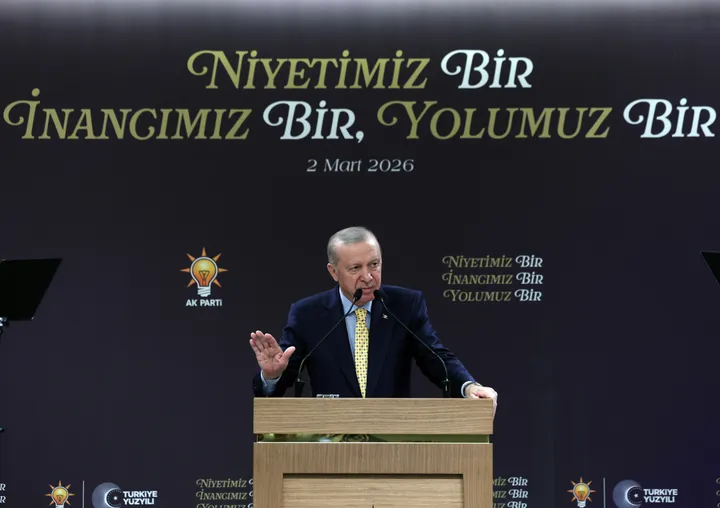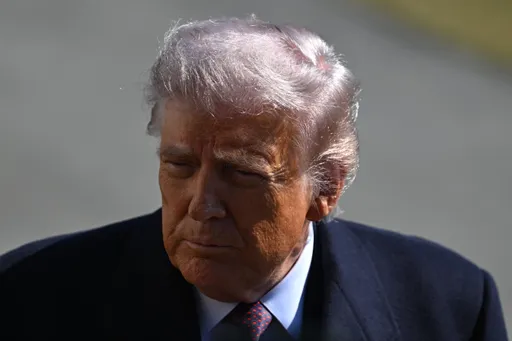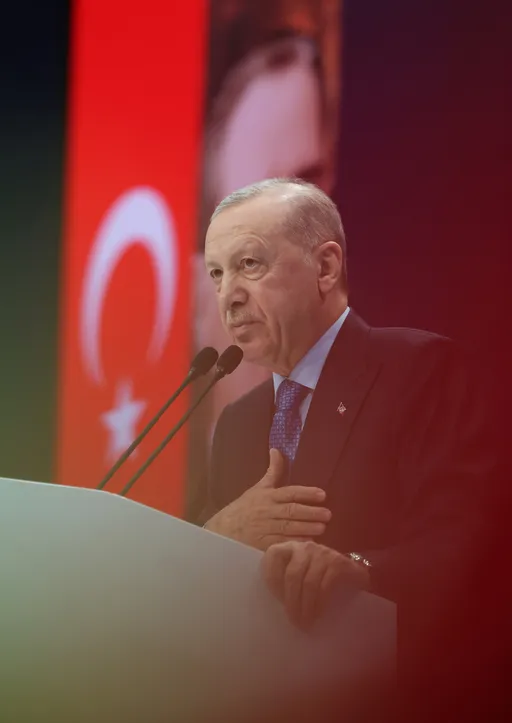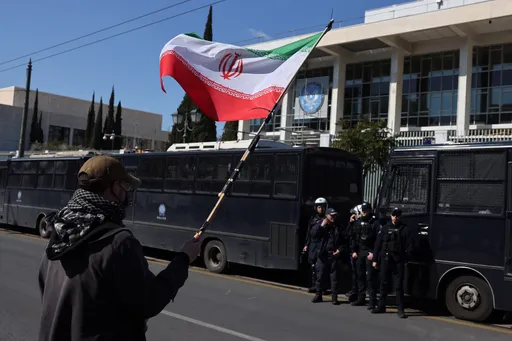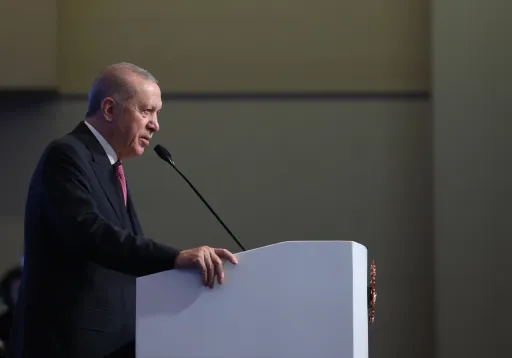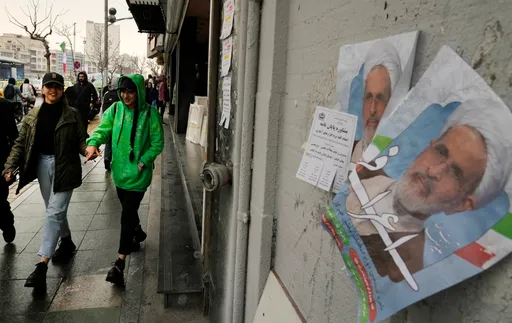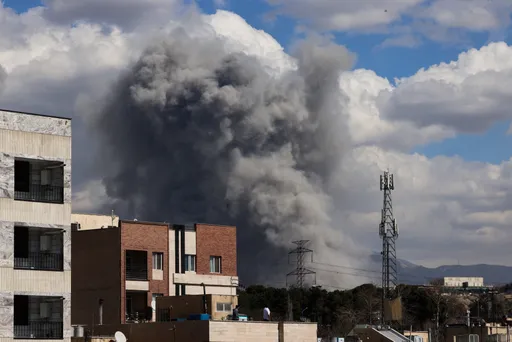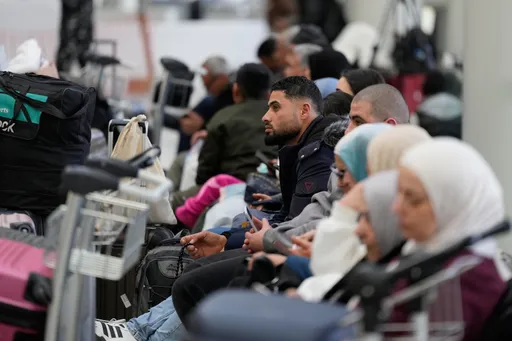Canadians have given Prime Minister Justin Trudeau's Liberal Party a victory in parliamentary elections, but it was unclear whether his gamble to win a majority of seats paid off.
The Liberals were on track to win the most seats of any party. The 49-year-old Trudeau channeled the star power of his father, the Liberal icon and late Prime Minister Pierre Trudeau, when he first won election in 2015 and now appears to have led his party to the top finish in two elections since.
The Liberals were leading in 148 ridings, the Conservatives in 103, the Quebec-based Bloc Quebecois in 28 and the leftist New Democratic Party in 22.
Trudeau bet Canadians didn’t want a Conservative government during a pandemic.
Canada is now among the most fully vaccinated countries in the world and Trudeau’s government spent hundreds of billions of dollars to prop up the economy amid lockdowns and he argued that the Conservatives’ approach, which has been skeptical of lockdowns and vaccine mandates, would be dangerous and says Canadians need a government that follows science.
'Unnecessary vote'
The opposition was relentless in accusing Trudeau of calling an unnecessary early vote — two years before the deadline — for his own personal ambition.
Trudeau entered the election leading a stable minority government that wasn’t under threat of being toppled.
Conservative leader Erin O’Toole didn’t require his party’s candidates to be vaccinated and would not say how many were unvaccinated.
O’Toole described vaccination as a personal health decision, but a growing number of vaccinated Canadians are increasingly upset with those who refuse to get vaccinated.
Trudeau supports making vaccines mandatory for Canadians to travel by air or rail, something the Conservatives oppose. And Trudeau has pointed out that Alberta, run by a Conservative provincial government, is in crisis.
Alberta Premier Jason Kenney, an ally of O’Toole, said the province might run out of beds and staff for intensive care units within days.
Kenney apologised for the dire situation and is now reluctantly introducing a vaccine passport and imposing a mandatory work-from-home order two months after lifting nearly all restrictions.
A Conservative win would have represented a rebuke of Trudeau against a politician with a fraction of his name recognition. O’Toole, 47, is a military veteran, former lawyer and a member of Parliament for nine years.
O’Toole advertised himself a year ago as a “true-blue Conservative.” He became Conservative Party leader with a pledge to “take back Canada,” but immediately started working to push the party toward the political centre.
O’Toole’s strategy, which included disavowing positions held dear by his party’s base on issues such as climate change, guns and balanced budgets, was designed to appeal to a broader cross section of voters in a country that tends to be far more liberal than its southern neighbour.
READ MORE:Trudeau, O'Toole in tight race as Canadians vote in pandemic election



